Zindaginama keeps its tone hopeful and steers away from making the stories tragic or depressing, observes Deepa Gahlot.
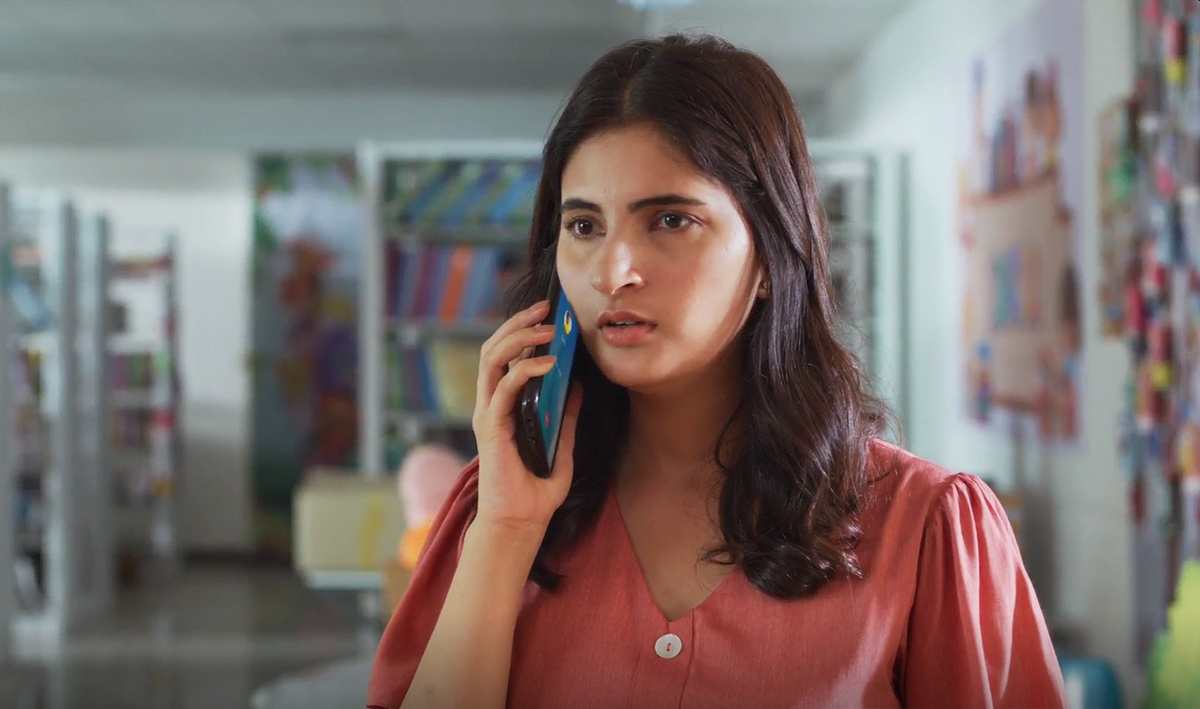
For years, till a certain awareness crept in, the word 'mad' or 'paagal' was the catchall for every kind of mental illness.
Now, thanks partly to movies and celebrities sharing their stories, and partly because of the reduction of shame attached to seeking help, words like 'depression', 'dyslexia', 'schizophrenia', 'bipolar disorder', 'PTSD' and 'OCD' are no longer obscure.
It was this awareness that necessitated the change of the word 'mental' to 'judgmental' in the title of a Kangana Ranaut starrer.
Now there's a six-part series called Zindaginama that seeks to demystify mental health issues.
Created by Dr Neerja Birla, written and directed by different people, with the Aditya Birla Group's mental health initiative MPower as the clinical knowledge partner, the stories talk of the experiences of those suffering from ailments of the mind, and calls for understanding and empathy.

The episode Swagatam, co-written (with Ishaan Rai and Rahul Hota) and directed by Sukriti Tyagi, is easily the most powerful of the set because of the recognition it accords to the caregiver.
Due to his schizophrenia, Mukul (Shreyas Talpade) is unable to hold a job.
He suffers from a strange fear that he is being spied on, which makes him cover all the windows of his flat with newspaper.
His wife Malati (Anjali Patil) is constantly late at the tailoring workshop where she has a sewing job, and has to put up with mean comments from her fellow workers. She leaves Mukul at a centre, where he spends the day with others like himself, but Malati often has to rush from her job when he has an 'emergency'.
The latest trigger turns out to be the wedding of his childhood friend that he insists on attending. It turns out to be a humiliating experience for him as well as Malati.
This story has a kind of a happy ending, and gently suggests that if people around Mukul would treat him as 'normal' -- like a chirpy neighbourhood kid and Malati's kind co-worker -- his episodes of panic and paranoia might be kept in check.
Care and medication is what he needs.
Of course, it would be naïve to hope that Mukul's condition would magically get cured or that Malati's life would not be fraught with stress, but at least it ends on a note of tentative happiness.
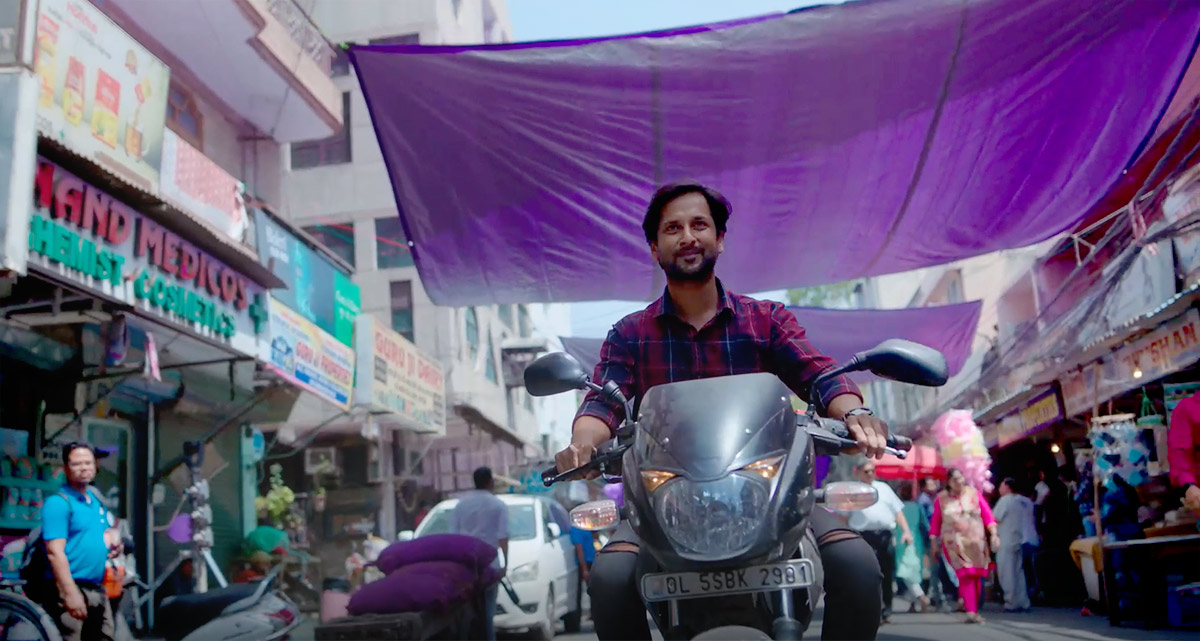
Gaming addiction is not taken seriously enough, as Purple Duniya, written by Sahaan, and directed by him and Danny Mamik, portrays through the disturbed mind of Raag (Tanmay Dhanania).
His worried sister (Urmila Kothare) forces him to see a therapist, Dr Pavitra (Shruti Seth), who realises that Raag's strange utterances is due to his immersion into an imaginary world of video games, and that has led to the loss of his job and the cancellation of his wedding.
But like the victim of any addiction, an adult is expected to take responsibility for his (or her) life, and seek treatment.
In this and all others stories, there are people willing to help, which is not always the case in real life.
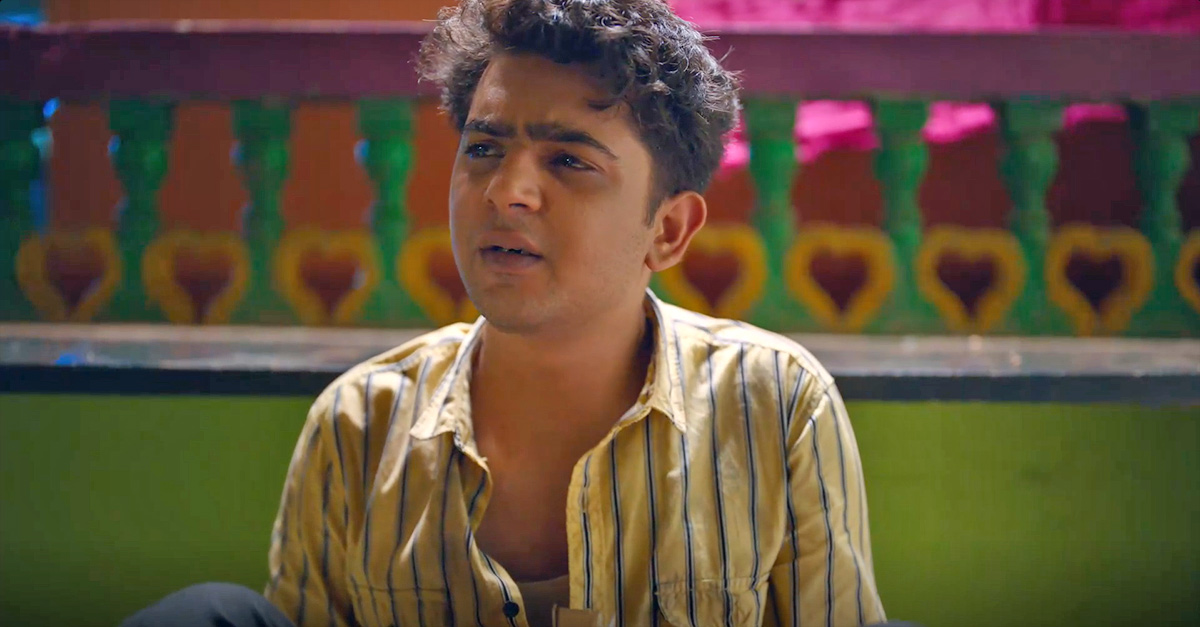
Caged, also a collaboration between Sahaan and Mamik, is set in an idyllic estate in Goa.
Raju (Mohammad Samad) is a young boy suffering from body dysmorphia, for which he is bullied by school mates.
His parents, who have sacrificed to give him an education, cannot understand why their son is unhappy. He gets the support of Keith (Sumeet Vyas), the rebellious son of the landowner, who is gay and unable to come out to his controlling father.

Obsessive Compulsive Disorder (OCD) is often depicted through characters in films who are neat freaks but that is not the only symptom, as a documentary film-maker (Sayandeep Sengupta) discovers in Daily Puppet Show, written by Mallika Kumar and directed by Rakhee Sandilya.
When he is attracted to Leela (Shivani Raghuvanshi), who teaches play therapy in a school, he starts to comprehend her condition.
Leela has a friend, who lives with her and knows what to do when she gets a severe panic attack but anyone unfamiliar with the ailment would be baffled.

Bhanwar, written by Venkatesh AV and directed by Aditya Sarpotdar, tells the story of a young woman, Namrata (Shweta Basu Prasad), who is afraid of touch, so her marriage is about to end.
Her father (Dayashankar Pandey) takes her for exorcism, when, by a far-fetched coincidence, he works with a therapist Dr Sujata (Swaroopa Ghosh), who diagnoses her condition as Post Traumatic Stress Disorder (PTSD), which, again is often associated with soldiers who return from active duty.
The story that should have been more straightforward moves between Namrata and a part of her past that involves the cruelty of a mother-in-law (Alka Amin) towards her daughter-in-law (Priya Bapat) for bearing daughters.

One Plus One, written by Mallika Kumar and directed by Mitakshara Kumar, takes up the very current issue of anorexia nervosa, increasingly common because of the unrealistic expectations of skinniness imposed by the fashion industry.
But in this episode, Mita's (Prajakta Koli) eating disorder could have been caused by the disruption of the lives of her mother (Lillete Dubey) and sister Maya (Yashaswini Dayama) after the father's death.
Professionally successful, Mita takes on the responsibility for her family, but they can look on in alarm as she starves herself till she ends up in hospital.
A couple of the episodes hint at a reason for a mental disorder, though some cannot be explained by medical science.
Zindaginama keeps its tone hopeful and steers away from making the stories tragic or depressing.
With fine performances by Shreyas Talpade, Anjali Patil and Shweta Basu Prasad standing out amidst the overall competent level of acting, the show makes a case for empathy towards those with mental health issues.
It also conveys that there is no shame in getting medical help, just like one would for a physical ailment.
As a means of creating awareness, Zindaginama serves its purpose.
Perhaps in addition to the written explanation at the end, a short concluding note by a mental health professional to conclude, might have made it more effective.
Zindaginama streams on SonyLIV.











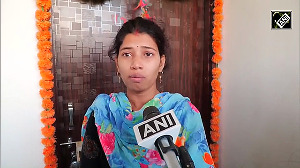

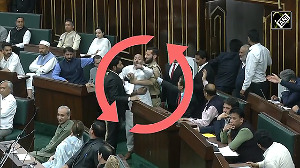
 © 2025
© 2025